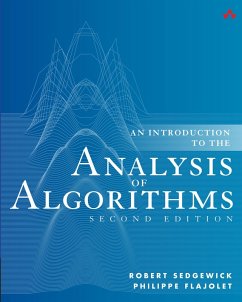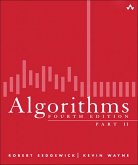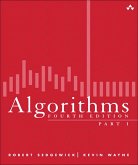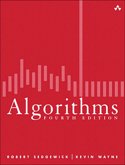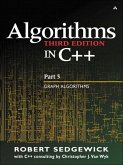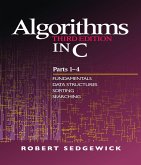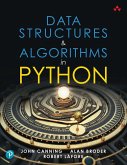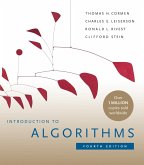Robert Sedgewick and the late Philippe Flajolet have drawn from both classical mathematics and computer science, integrating discrete mathematics, elementary real analysis, combinatorics, algorithms, and data structures. They emphasize the mathematics needed to support scientific studies that can serve as the basis for predicting algorithm performance and for comparing different algorithms on the basis of performance.
Techniques covered in the first half of the book include recurrences, generating functions, asymptotics, and analytic combinatorics. Structures studied in the second half of the book include permutations, trees, strings, tries, and mappings. Numerous examples are included throughout to illustrate applications to the analysis of algorithms that are playing a critical role in the evolution of our modern computational infrastructure.
Improvements and additions in this new edition include
- Upgraded figures and code
- An all-new chapter introducing analytic combinatorics
- Simplified derivations via analytic combinatorics throughout
The book's thorough, self-contained coverage will help readers appreciate the field's challenges, prepare them for advanced results-covered in their monograph Analytic Combinatorics and in Donald Knuth's The Art of Computer Programming books-and provide the background they need to keep abreast of new research.
"[Sedgewick and Flajolet] are not only worldwide leaders of the field, they also are masters of exposition. I am sure that every serious computer scientist will find this book rewarding in many ways."
-From the Foreword by Donald E. Knuth
Dieser Download kann aus rechtlichen Gründen nur mit Rechnungsadresse in A, B, BG, CY, CZ, D, DK, EW, E, FIN, F, GR, HR, H, IRL, I, LT, L, LR, M, NL, PL, P, R, S, SLO, SK ausgeliefert werden.

